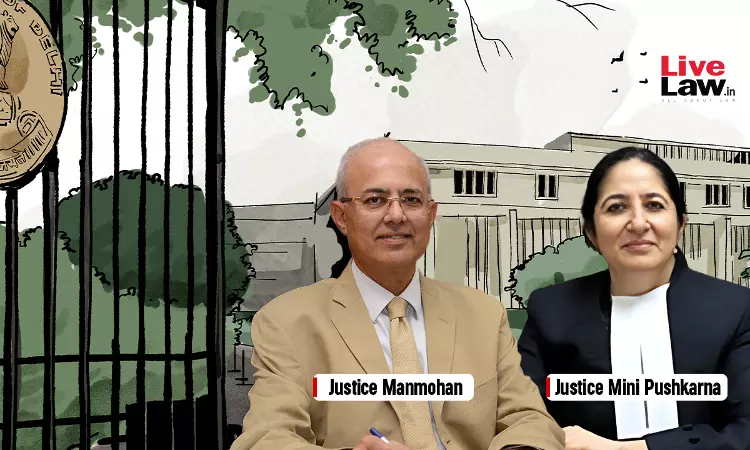Delhi High Court Rejects Plea Challenging Dissolution Of Maulana Azad Education Foundation
Nupur Thapliyal
16 April 2024 2:30 PM IST

Next Story
16 April 2024 2:30 PM IST
The Delhi High Court on Tuesday dismissed a plea challenging the Union Government's decision to dissolve the Maulana Azad Education Foundation (MAEF) which was set up in 1989 for promoting education among educationally backward minorities.A division bench comprising Acting Chief Justice Manmohan and Justice Mini Pushkarna rejected the public interest litigation (PIL) moved by Dr. Syeda...
